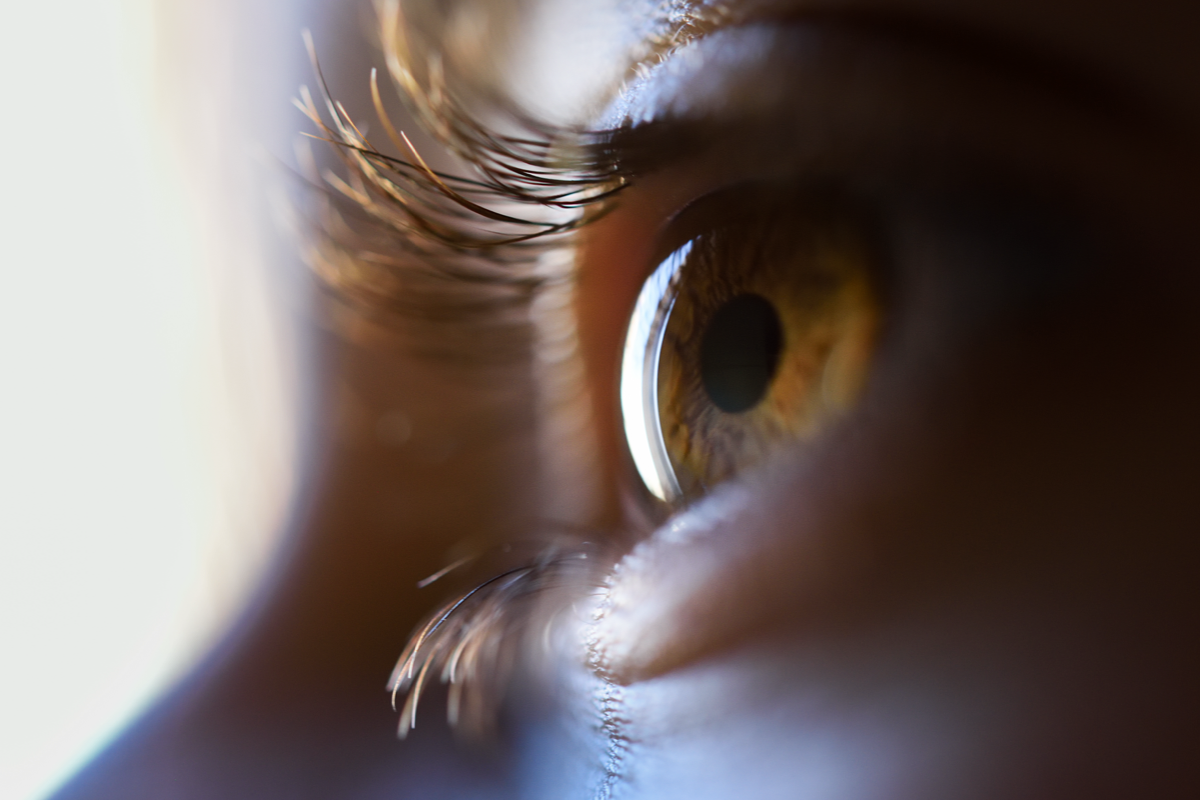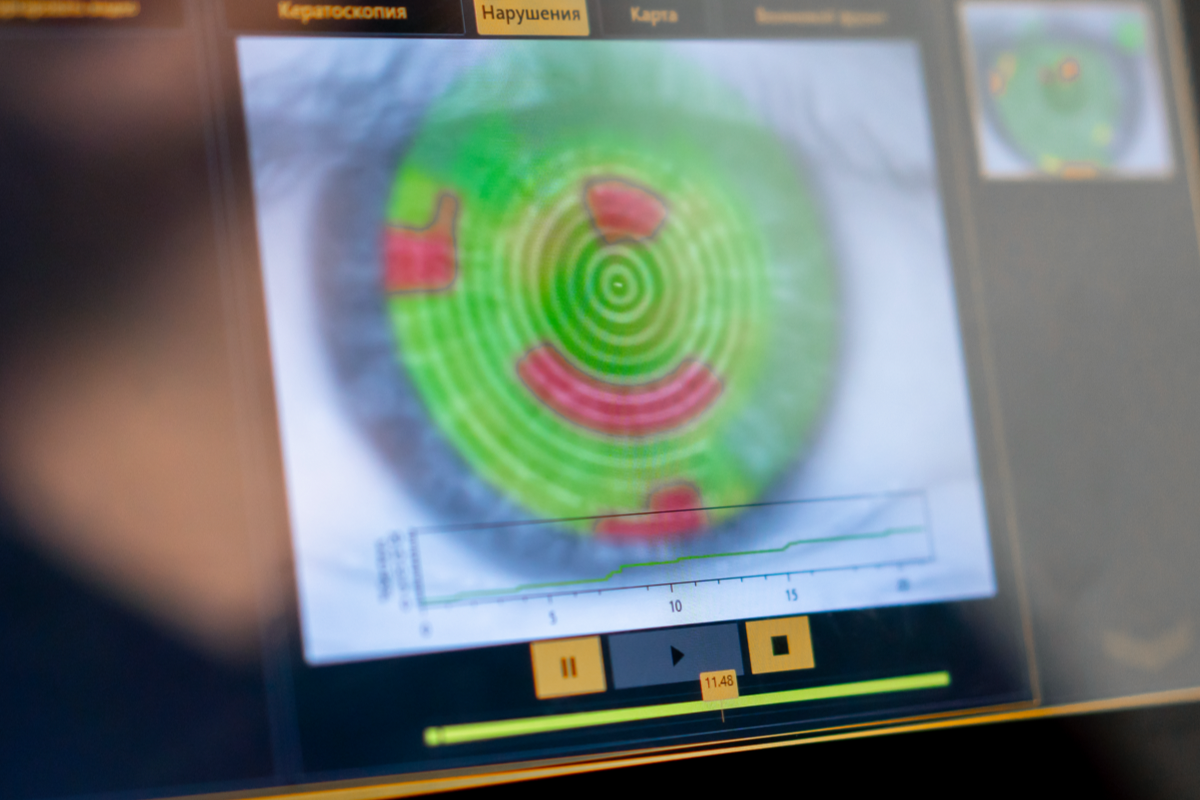Science & Technology
Revolutionary CiRPCs technology transforming the landscape of retinal regeneration from impossible to inevitable.

Photoreceptor Degeneration
Irreversible Vision Loss
The Problem: When Light-Sensing Cells Die
Retinal degenerative diseases like AMD, diabetic retinopathy, and retinitis pigmentosa share a common devastating endpoint: the death of photoreceptor cells that convert light into the electrical signals our brains interpret as vision.
Once these specialized cells are lost, the damage has been considered irreversible. Traditional treatments focus on slowing progression, but cannot restore function to degenerated tissue.
The challenge: How do you replace highly specialized cells that took evolution millions of years to perfect?
The Solution: CiRPCs Technology
Chemically induced Retinal Progenitor Cells (CiRPCs) represent a breakthrough in cellular reprogramming. Our revolutionary technology can generate functional retinal progenitor cells in just 5 days—a process that previously took months or was impossible to achieve reliably.
These CiRPCs retain the remarkable ability to differentiate into all the specialized cell types found in the retina, including the photoreceptors destroyed in degenerative diseases.
Key Innovation:
5-day generation time vs. traditional methods that require months of complex protocols with inconsistent results.

CiRPCs Technology
5-Day Cell Generation
Technology Advantages
Three critical advantages that make our CiRPCs technology uniquely positioned for clinical success.

Safety
Chemical induction reduces the risk of genetic modification-related complications. Our protocol uses well-characterized small molecules with established safety profiles, minimizing unknown risks in clinical applications.

Efficiency
5-day generation time enables rapid production of therapeutic cells. This efficiency is crucial for autologous treatments where patients cannot wait months for their personalized cell therapy to be prepared.

Scalability
Simplified protocols and reduced time requirements make large-scale manufacturing feasible. This scalability is essential for addressing the millions of patients worldwide who could benefit from treatment.
Preclinical Evidence: From Blind to Sight
Rigorous preclinical studies demonstrate that our CiRPCs technology can restore vision in animal models of retinal degeneration.
Blind Rat Recovery
In validated animal models of retinal degeneration, CiRPC transplantation restored visual function as measured by behavioral tests and physiological responses.
Restored ERG
Electroretinogram (ERG) recordings showed recovery of electrical responses to light, indicating functional integration of transplanted cells with existing retinal circuits.
Behavioral Restoration
Treated animals demonstrated improved performance in light-based behavioral tests, confirming that cellular restoration translates to functional vision recovery.

Vision Restored
Preclinical Success
From Laboratory Breakthrough to Clinical Reality
Our CiRPCs technology represents the convergence of scientific innovation and human hope. The next step is bringing this breakthrough to patients who need it most.